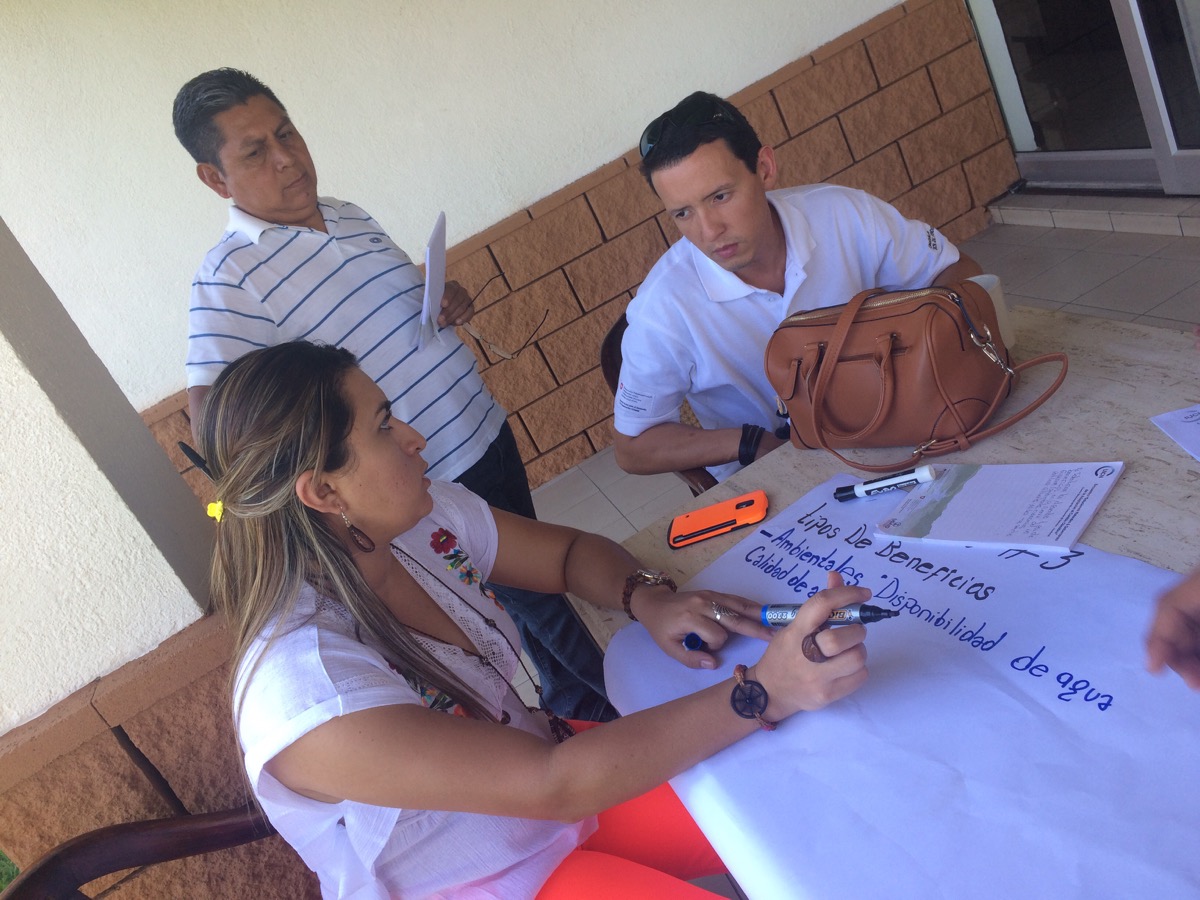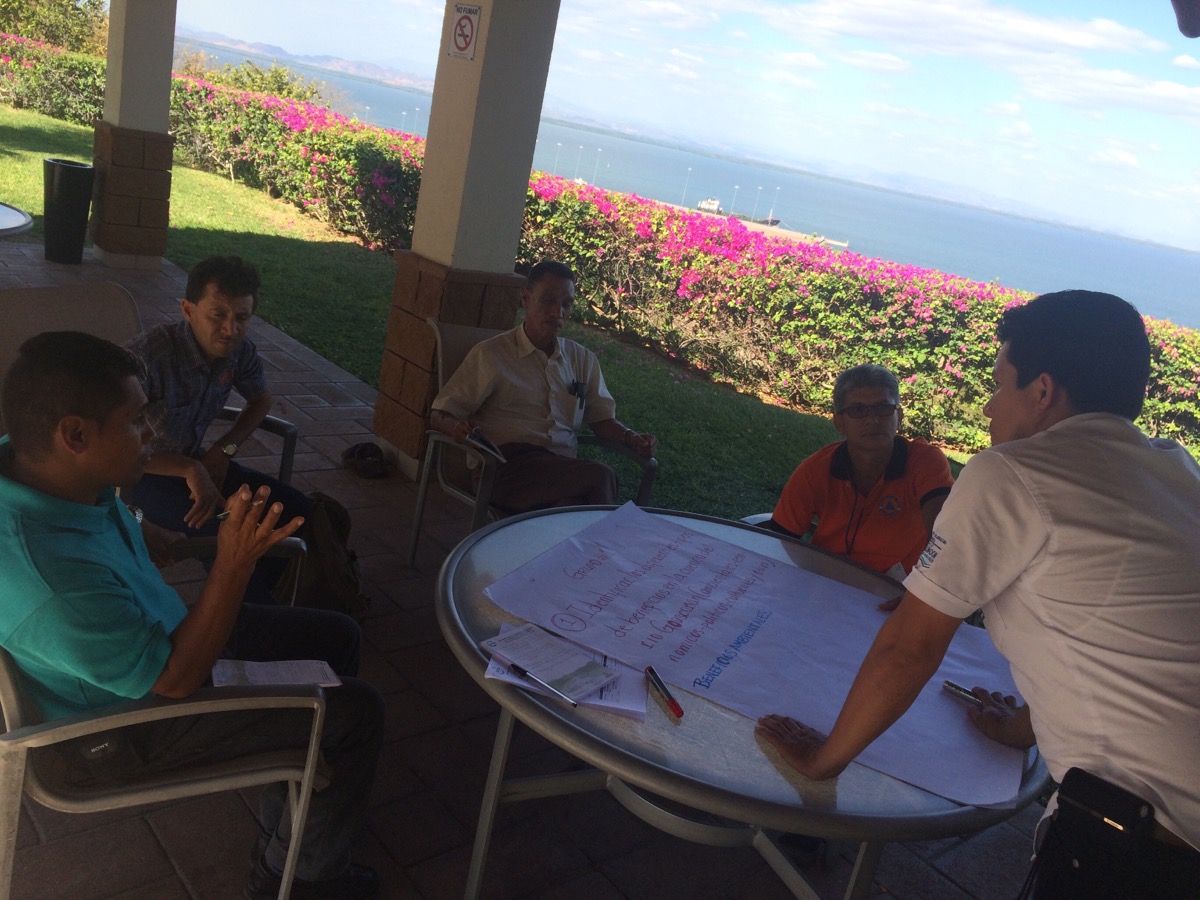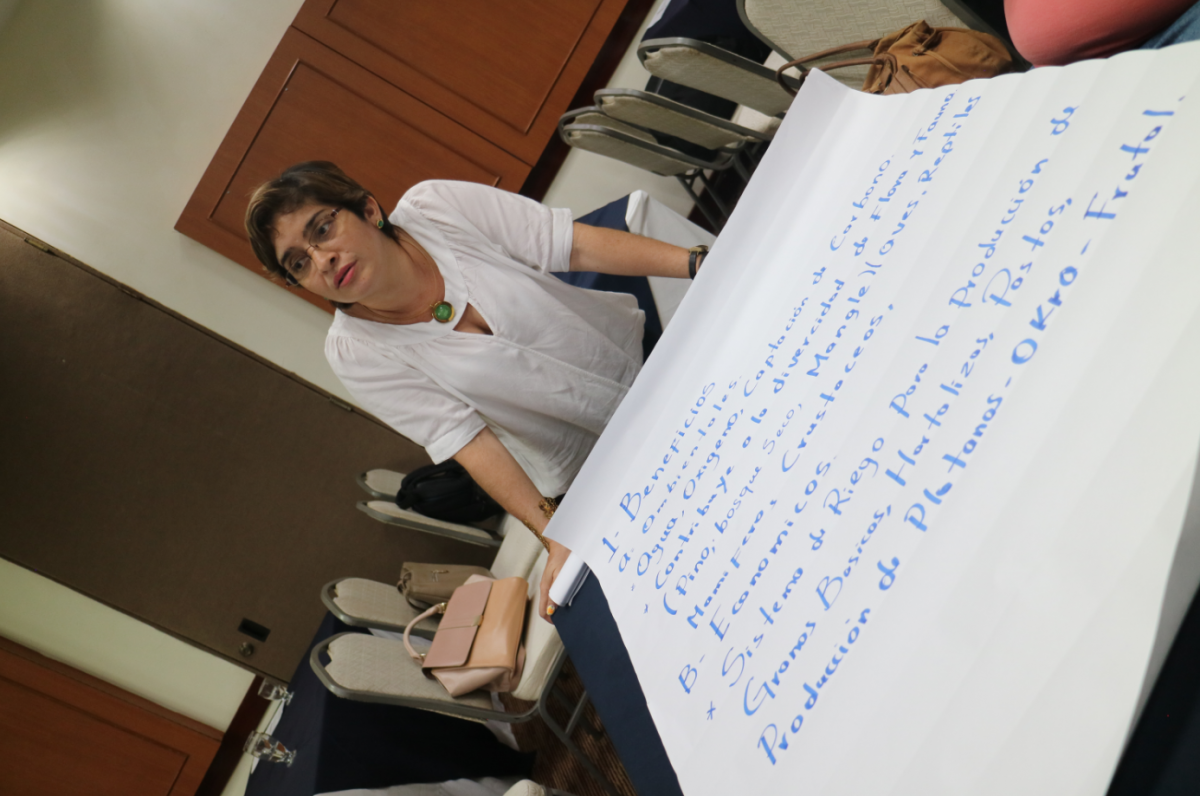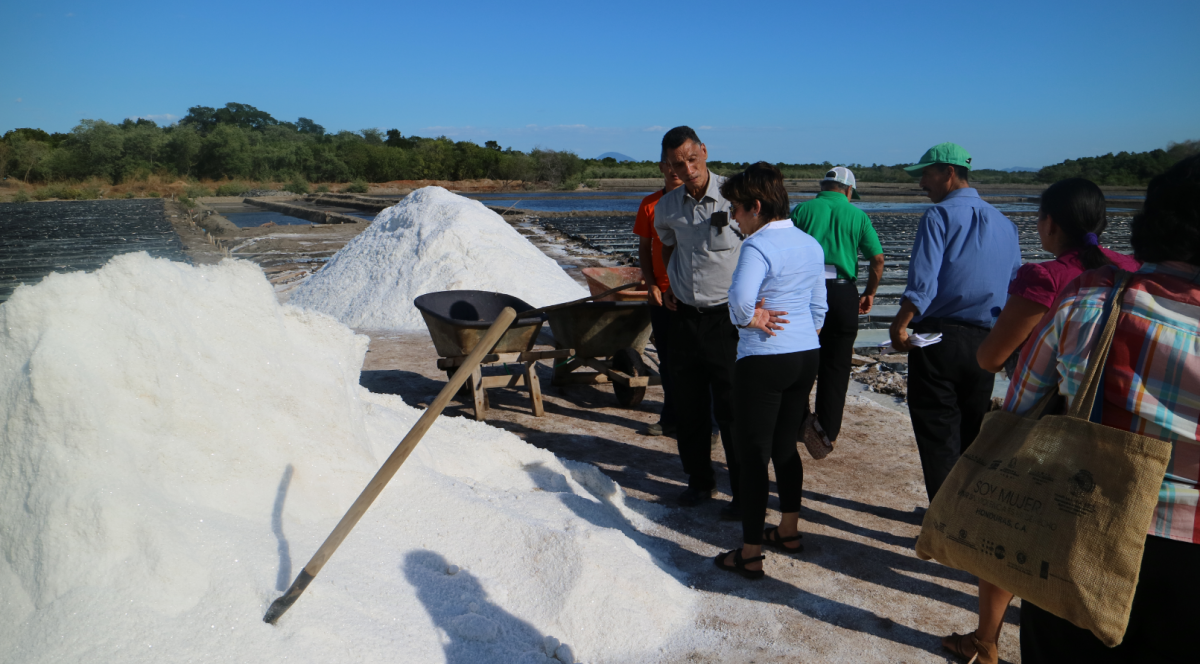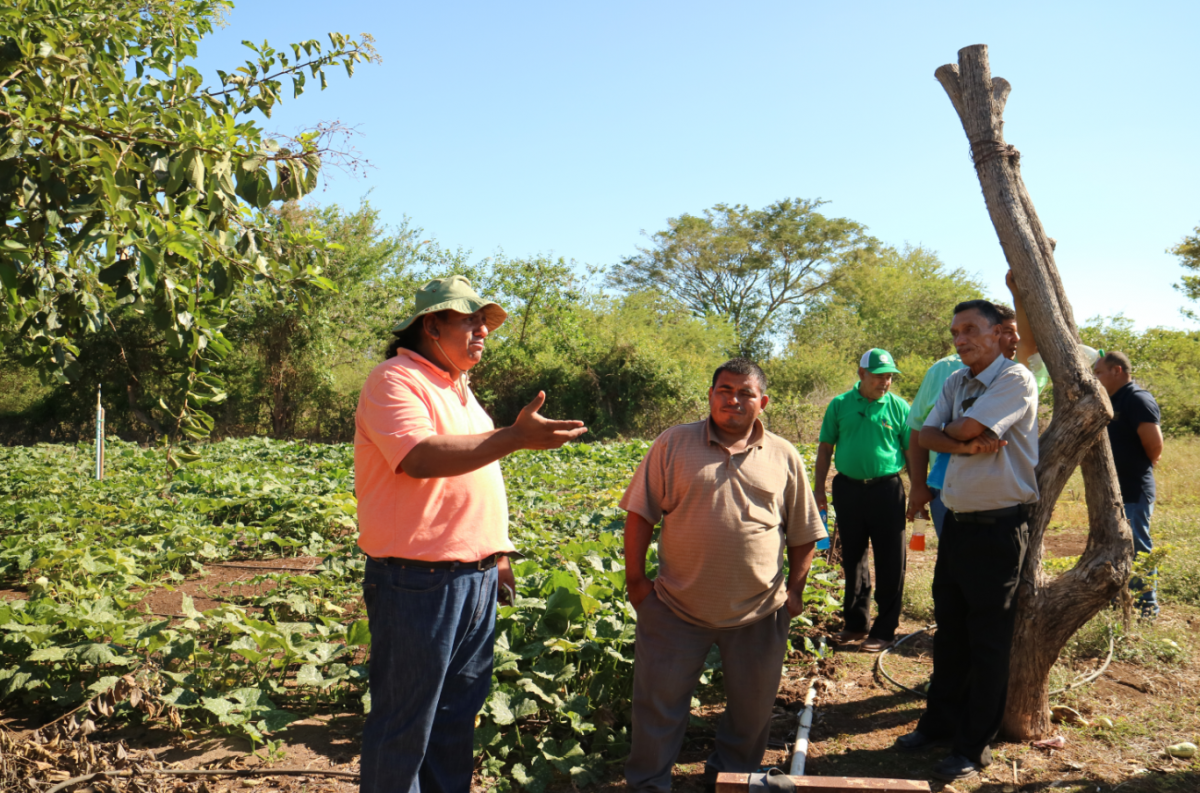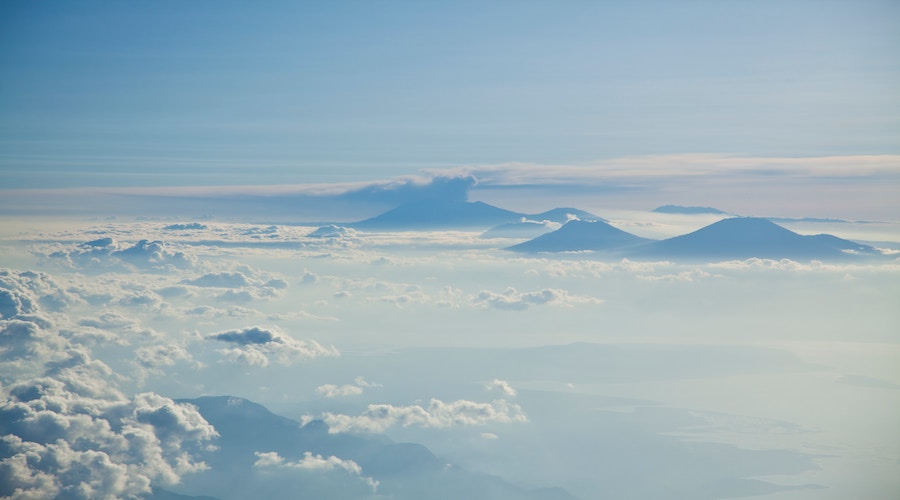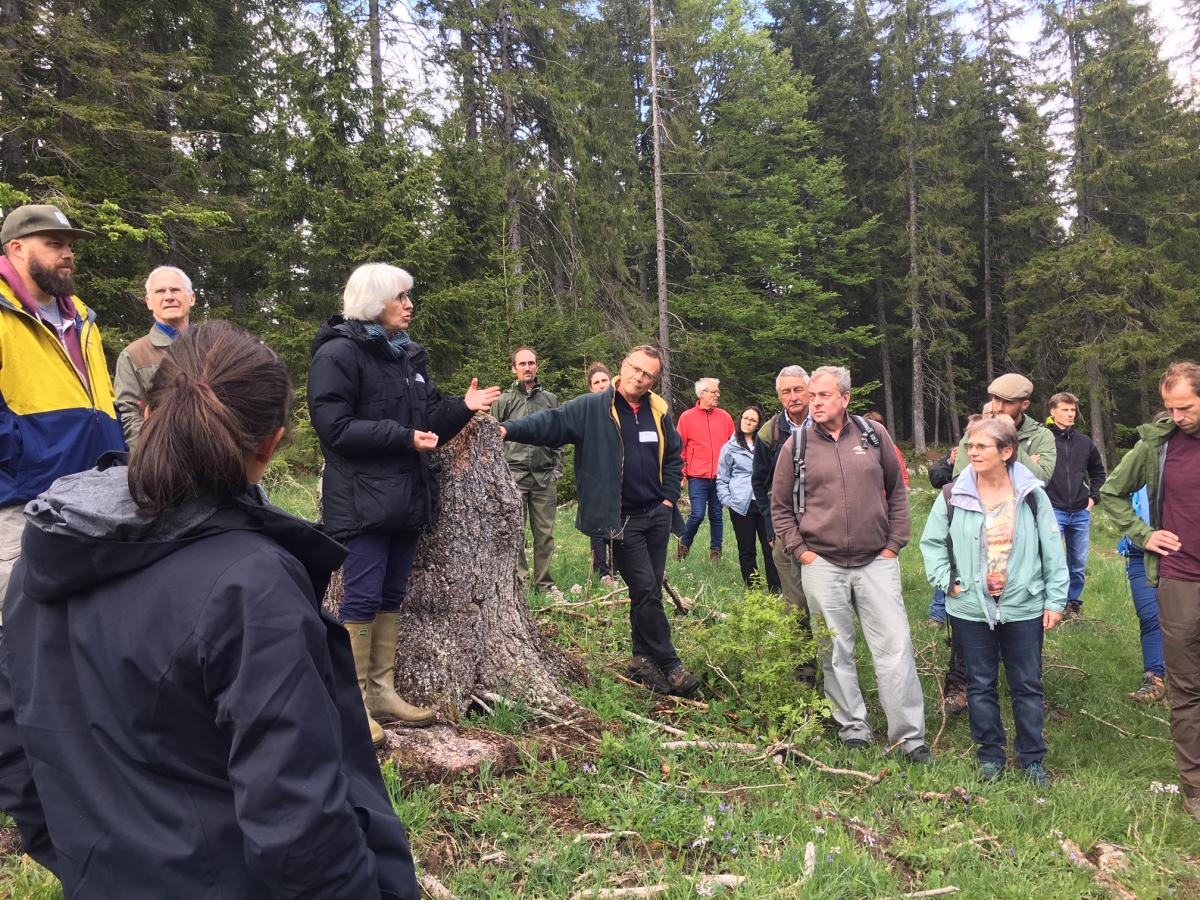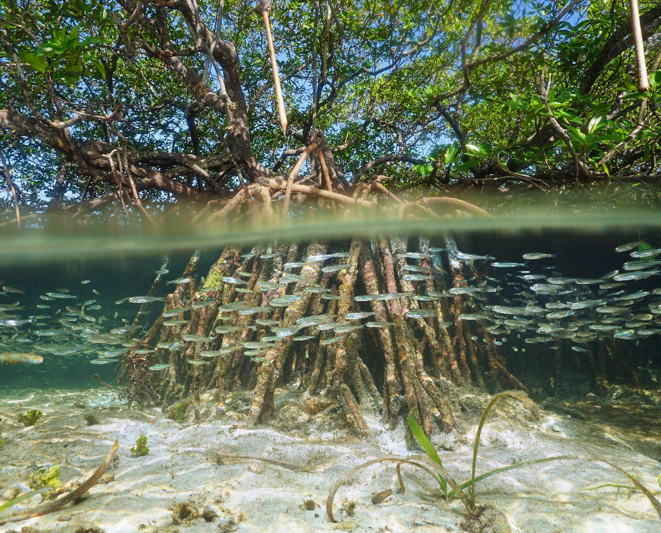Forum “Natural Solutions & Governance of Adaptation to Climate Change”: working together for binational coordination in the Goascorán river basin (Honduras – El Salvador)
It was space for dialogue and exchange among stakeholders from the Goascorán binational river basin, where important topics were addressed related to water and natural resources good management in a transboundary context facing climatic changes.
The Forum “Natural Solutions & Governance of Adaptation to Climate Change”, was held on February 28th and March 1st in La Unión, El Salvador. It was organized by the International Union for Conservation of Nature (IUCN), through the projects implemented in the Goascorán river basin and its partners in the region.
It was an opportunity for Goascorán´s stakeholders to exchange knowledge; important topics were addressed such as natural resources and good water management in a transboundary context facing climatic changes. The event had the participation of 64 people, including representatives of community organizations, local governments, local economic development associations, environment and foreign affairs ministries of Honduras and El Salvador.
“The Goascorán river basin constitutes one of the main tributaries of our country, and it is shared with the Republic of Honduras. The relevance of this type of events is in the capacity of the stakeholder to propose actions to decision-makers. Concrete proposals emerge from these events” Everardo Chicas, Ministry of Foreign Affairs of El Salvador.
The participants identified and characterized the different benefits of the Goascorán binational river basin, and defined the next steps to advance in the multi-level coordination and start implementing concrete actions for the good management of the basin. The Environment Ministries of both countries socialized the climate change regulations and the country commitments. Dialogue tables were held to learn about initiatives and actions in the Goascorán binational river basin and help local communities to be better prepared to cope with the negative impacts of climate change.
A field visit was also organized to the lower Goascorán river basin, showing the effects of good and bad practices on coastal ecosystems. For example, the participants visited a salt mine, located in a place that used to be mangrove; besides, they made a route through the mangrove where they could observe the impact of solid waste; also, the participants had the opportunity to learn about crops with drip irrigation systems in order to save the water resource and visited a cooperative that has invested in greenhouses to improve production, among others.
The Forum is seen as an important step in a process of synergies creation between actors that work in multiple levels of governance and represent diverse sectors, based on that, one of the global goals of the activity was to identify, together, the specific steps for achieve adaptation to climate change through good management of water and natural resources.
The Forum was organized by the International Union for Conservation of Nature (IUCN), with the support of local partners such as Fundación Vida, FUNSALPRODESE, CODDEFFAGOLF and FUNDER, and funded by the Climate Initiative of the German Ministry of Environment, Nature Protection and Nuclear Safety, the Swiss Agency for Development and Cooperation, and the United States Agency for International Development.
